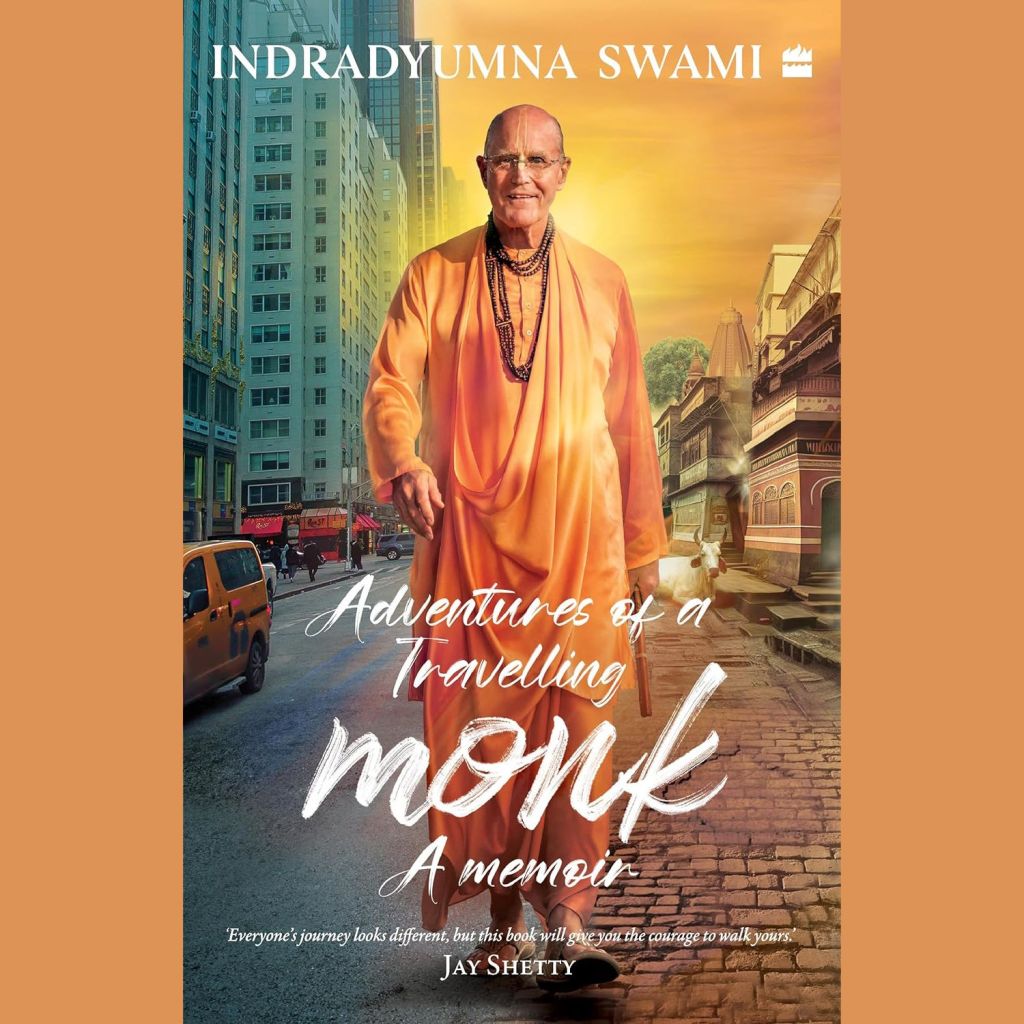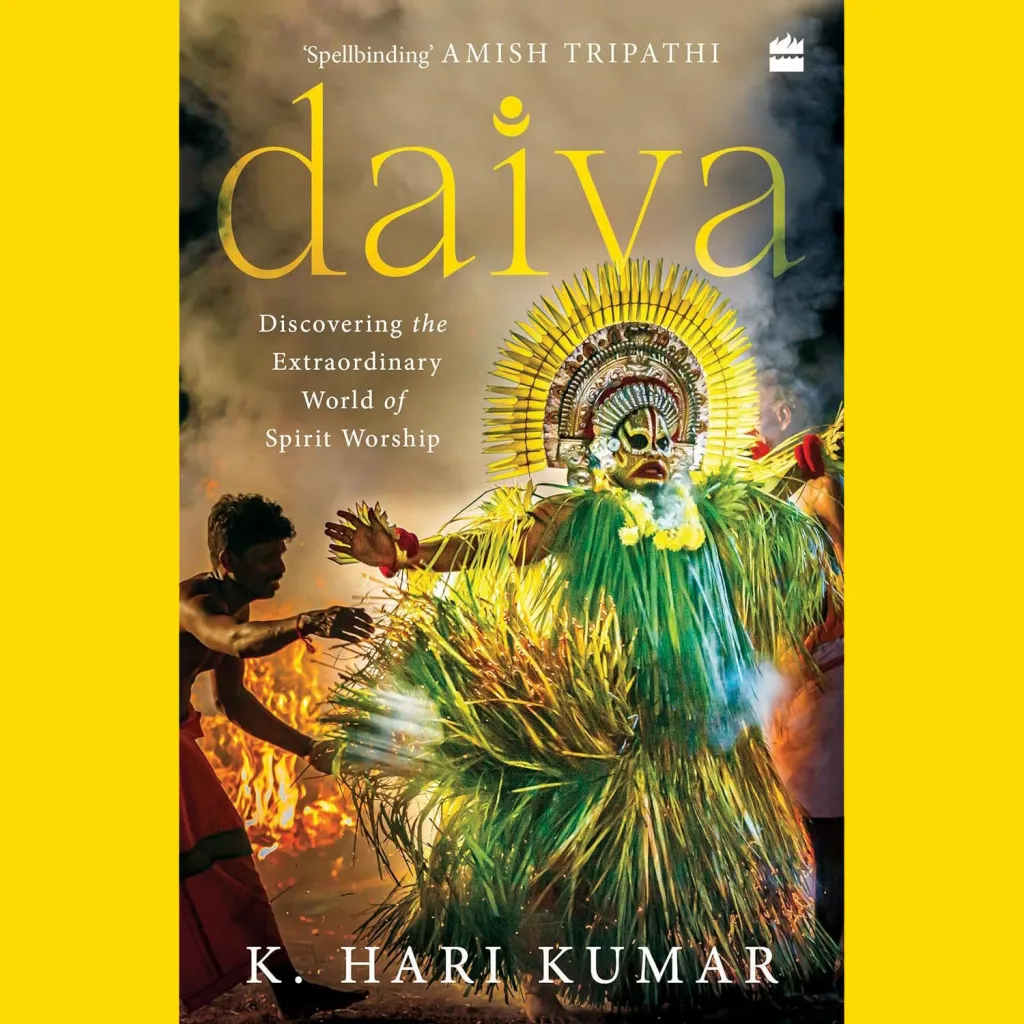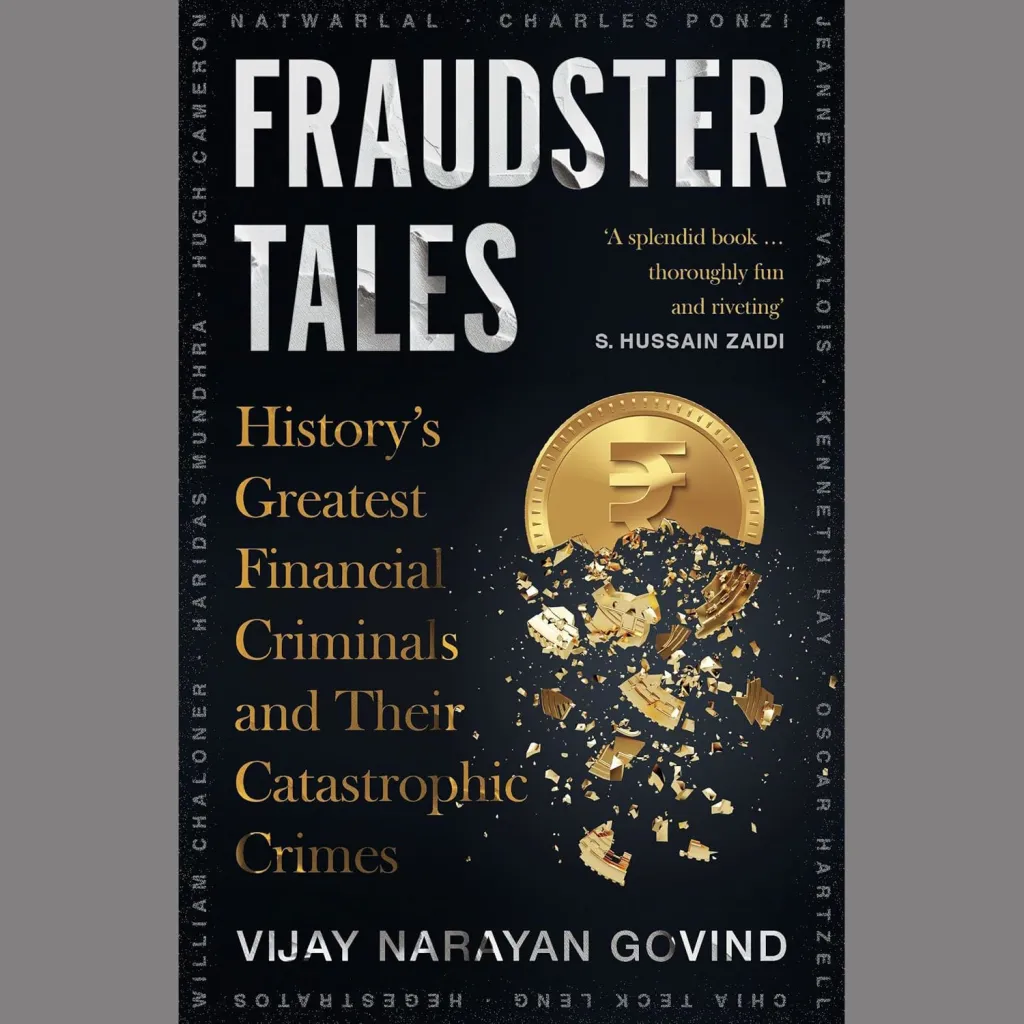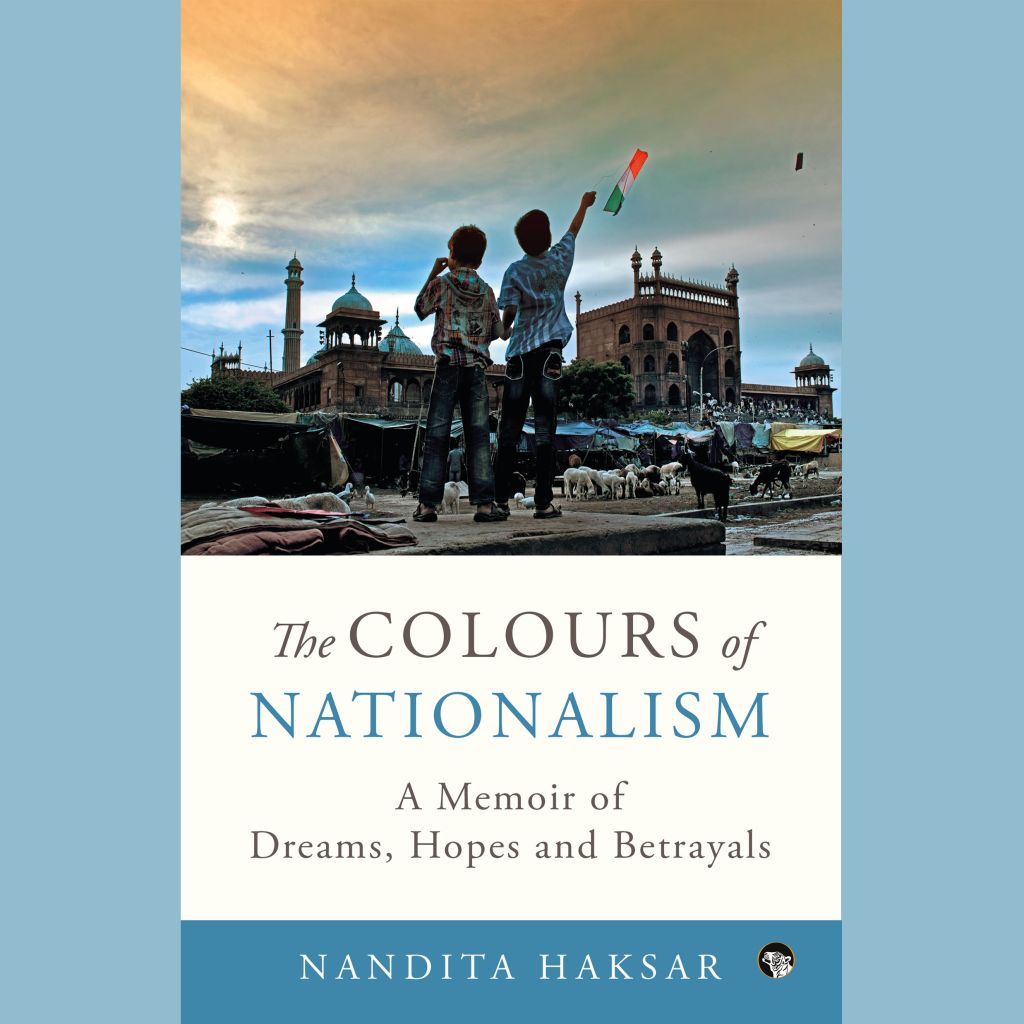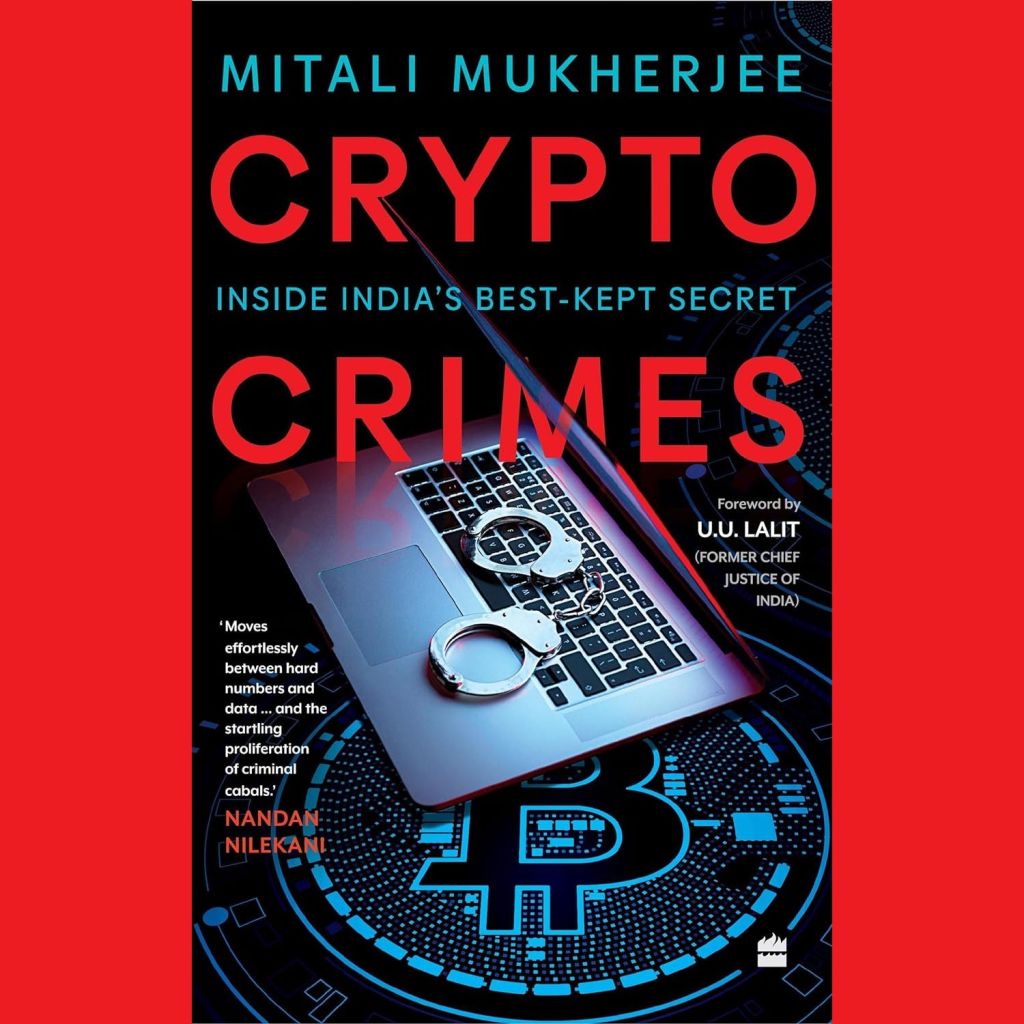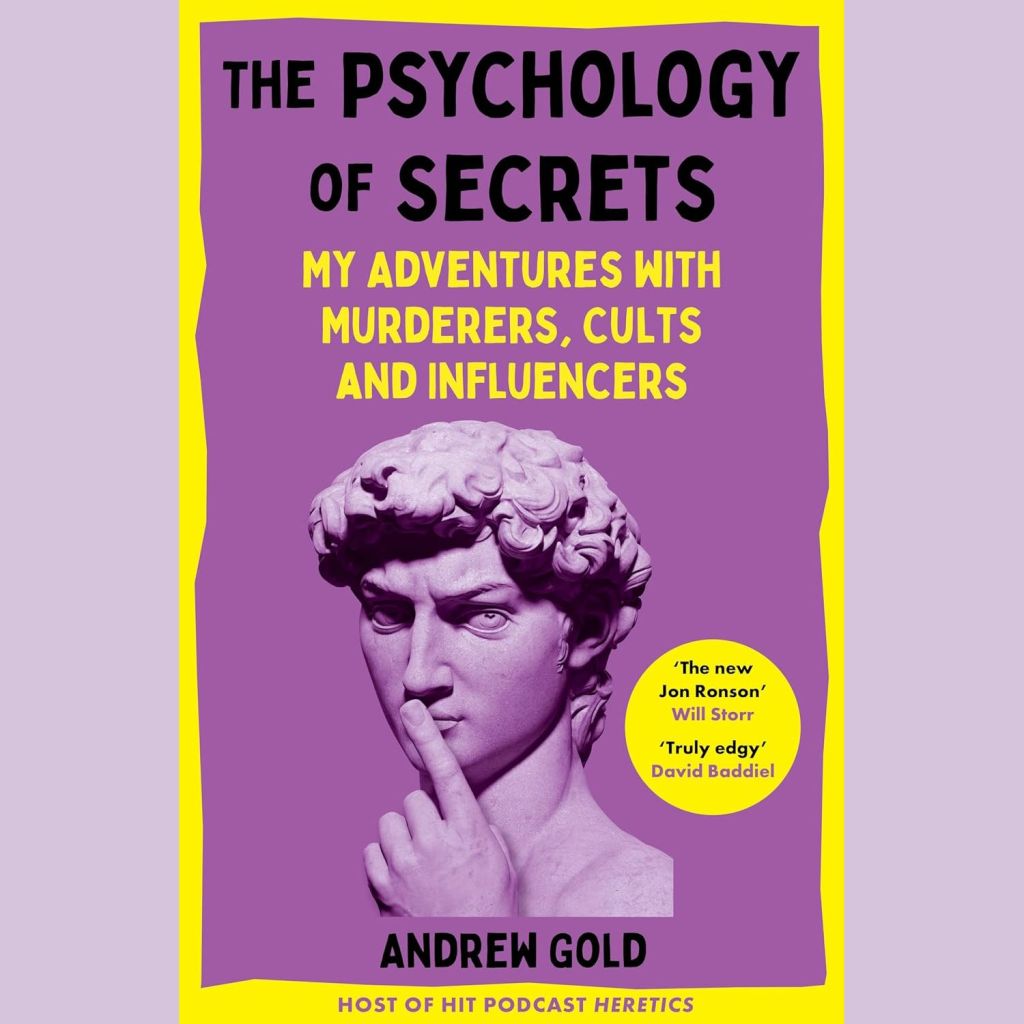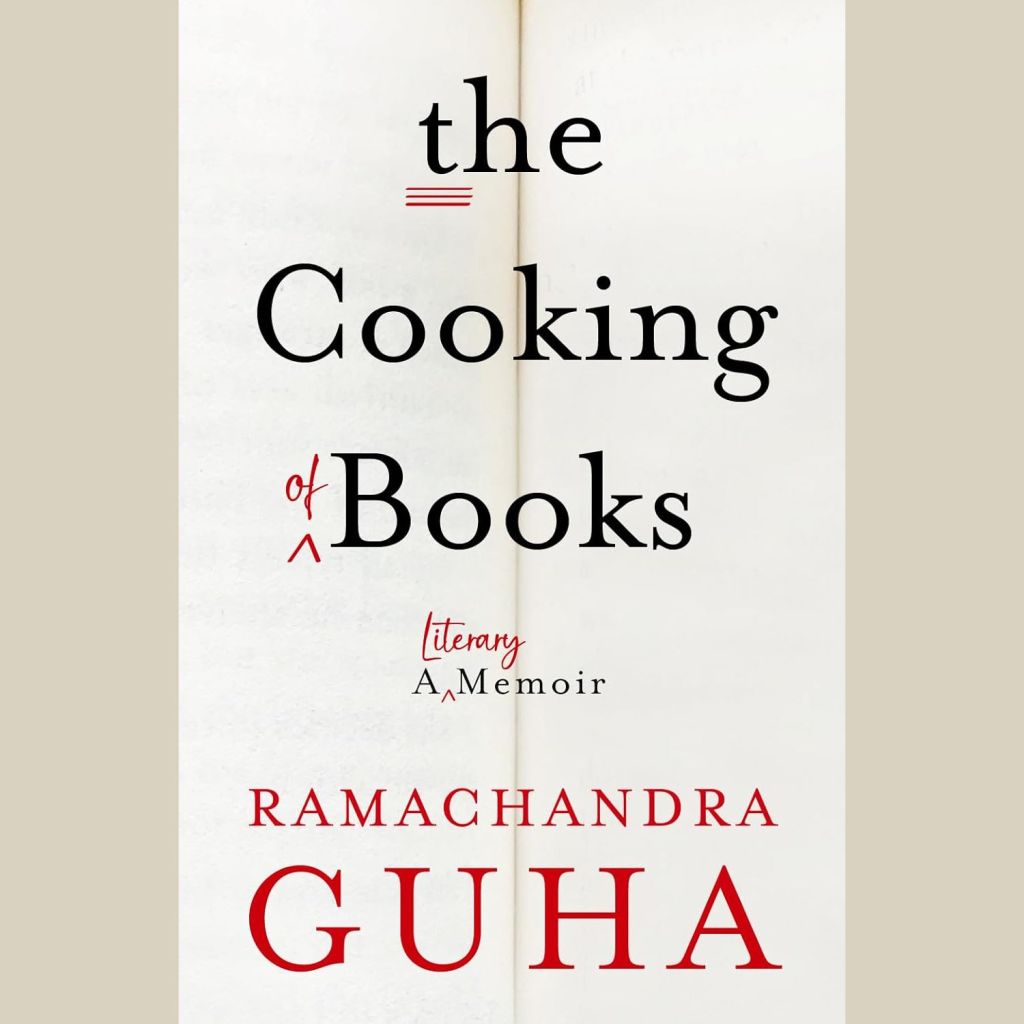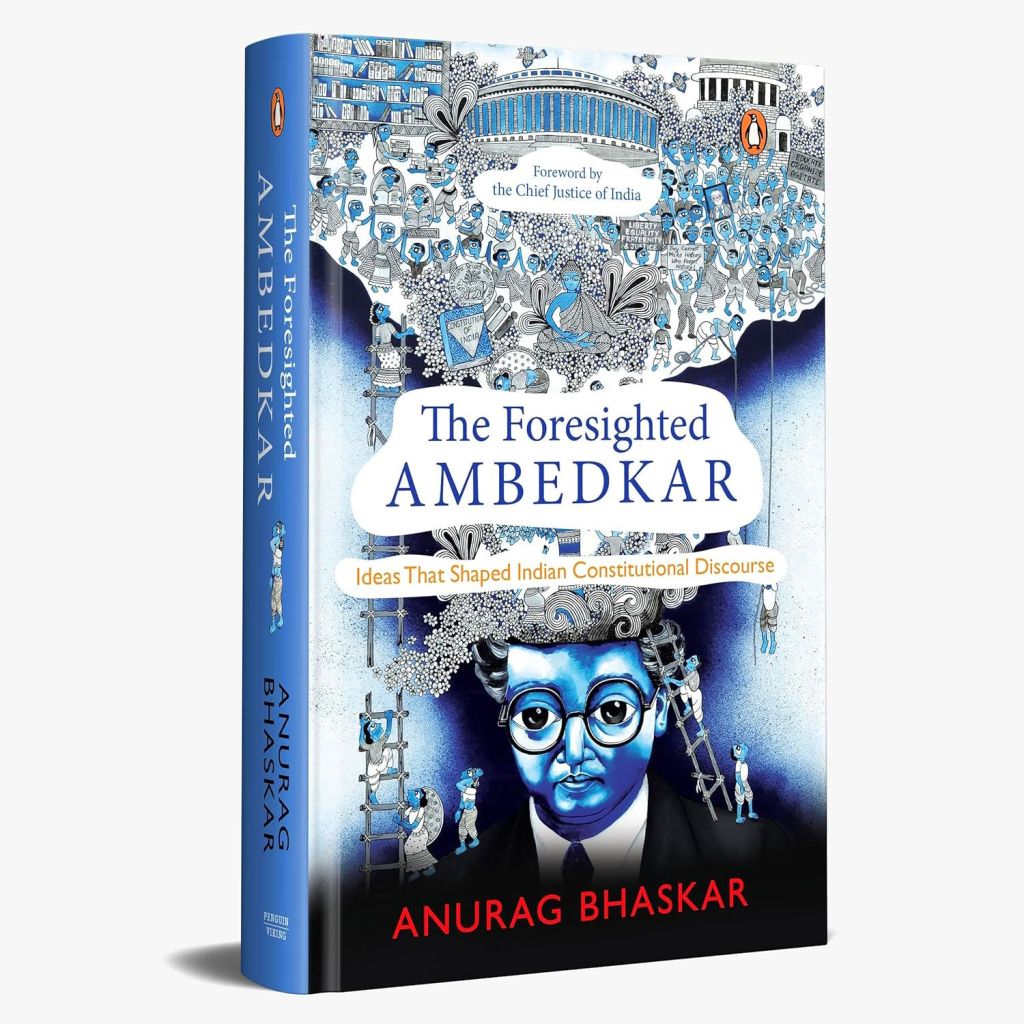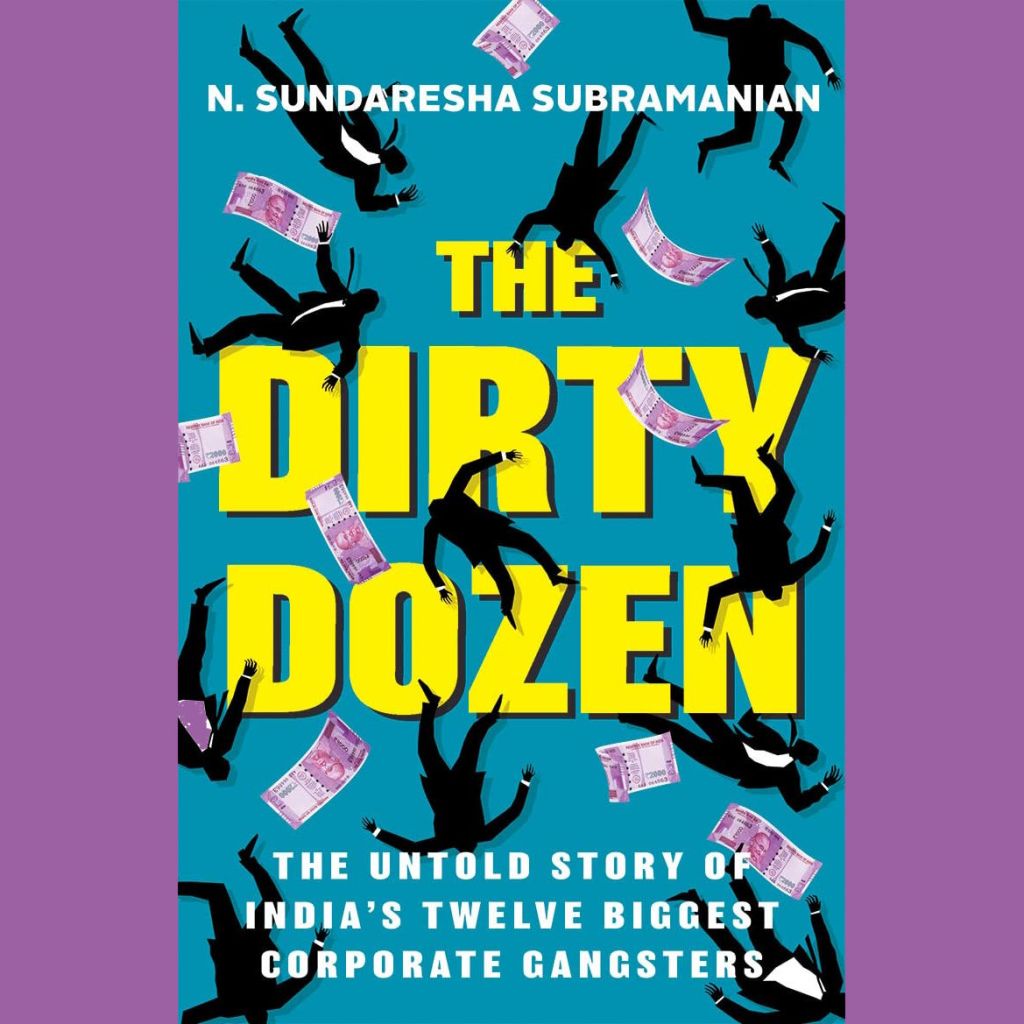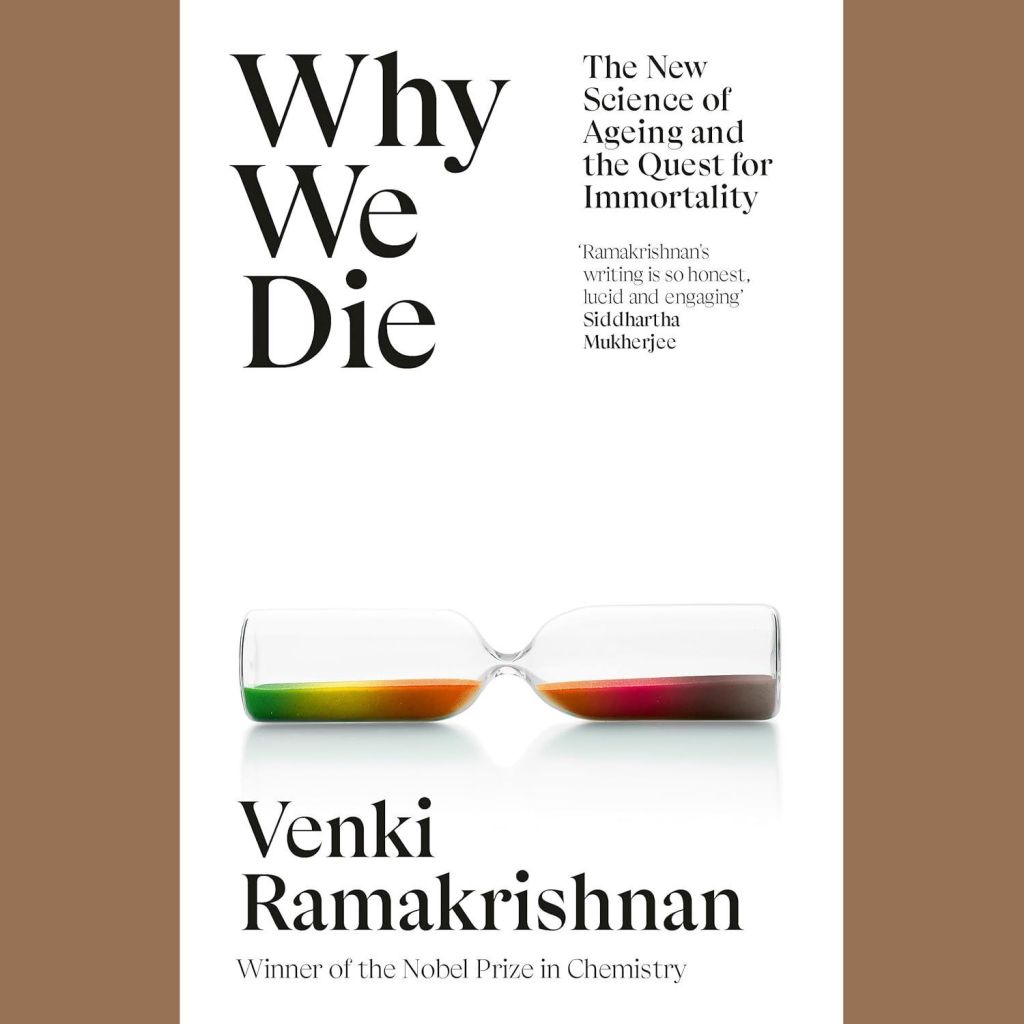Based in Gurgaon, Avik is co-founder of Expereal India and Emote AI. Earlier, he has also worked with Maruti Suzuki, Apollo Tyres, PSA Peugeot Citroën and Volkswagen as a senior management professional. With a diverse range of interests, Avik is an avid reader and regularly writes meticulously researched guest pieces for leading magazines and newspapers. His first book, 52@52: Pourings of Angst, Anxiety and Aspirations, was launched recently and we caught up with him for a quick chat.
52@52 is a compilation of articles you’ve written for leading magazines and newspapers. On what basis did you select the 52 articles that made it to this book? How hard was it leaving out the rest?
It was not at all hard choosing the ones I did as all I have written and continue to write is not of a very high order [We disagree with this. Avik writes exceptionally well – BooksFirst]. In hindsight I myself am disappointed with many and wish I had presented the case or hypothesis better. Somewhere I am disjointed or otherwise I have just rambled on. However, the idea was to create a compendium of various subjects hence this selection. Something akin to the great Indian thali. Also, there were a few I wrote as a series like ‘India@75’ and ‘Not dark yet…’ so I had to have them all in the book for the reader to get the entire narrative.
What is it that inspires you to write? What is it that you find most satisfying about writing? What are the subjects on which you enjoy writing?
The books I have grown up with inspire me to write. Also, I guess it is the intense desire to put my thoughts down on paper or a screen and thereby express myself. On many occasions I have found writing a better way of getting my message across than speaking. And I am not the best of speakers and tend to search for the right word or expression. Writing allows me that freedom of time.
Putting my thoughts in one place, in a slightly orderly manner, which I can refer to later, is what I find most satisfying about writing. It encourages me to think and think more, as there is a way I can capture them. I remember a poster of Ritwik Ghatak in a bookshop in Kolkata [then Calcutta] that carried his famous saying, ‘Think. Think. Practise thinking.’ Much before Jobs, eh?!
I can write on any subject that makes me think. In that way I am boundless. One day, agriculture. The other day, football. The third day, automobiles. And the fourth, social struggle. I consume information on all subjects and therefore enjoy writing on all. Just that on certain subjects typically to do with the sciences my knowledge levels are still at the level of a beginner hence I have not yet ventured into those areas.
Do you think the two years of Covid-related restrictions were actually helpful, in the sense that you had more time and the inclination to write? Does solitude – or at least some degree of peace and quiet – help one focus and write better?
I have mixed reactions to Covid as a writer. It did create huge constraints on meeting people, observing things around you and debating issues or subjects. These are important to me as they provide subjects to tackle and topics to write on. Sitting in isolation does not provide fodder for the grey cells. However, the catastrophe itself was a subject which could not have been foretold. It was this huge stage with different performers that made me interested in the very area of governance and social strife. Aspects like hunger and happiness till the pandemic were only like pieces of infographic that one soon forgot. Not with the pandemic.
I cannot comment about solitude but can definitely say that a bit of distance from the ground action always allows you to take a more balanced view. Peace and quiet definitely help me in researching better. I have done the final typing even while watching football matches. That is because I have this habit of creating a thorough framework by hand before I start typing. For me, the preparation is key. If that is robust, the final output should be the way you envision it. This might be the influence of reading as a child how people like Satyajit Ray, Alfred Hitchcock and Vladimir Lenin used to spend most time planning and preparing before the final act of filming or speaking.
For you, personally, what are some highlights of 52@52? Any memorable / humourous anecdotes pertaining to any of the 52 articles, which you would like to recount here?
The idea itself is my mother’s. She gave me the quirky concept of choosing the 52 articles written in my 52nd year.
The most memorable anecdotes have been with the people who have published my articles. I will not take specific names, but each of them acknowledged in the book are inseparable from the concept of 52@52. But for them, none of this would have happened. They have been constructively critical of each piece I have written and that has helped me get better in terms of focus and brevity. They have been brave to publish some of my critiques as they truly believe in the freedom of expression. On occasions I have asked, ‘Hope you don’t get into trouble with this.’ They quipped back, ‘Hope we do!’ It was their way of telling me to carry on. Only on two occasions did they have to actually take down a piece on orders of the government under the Information Technology Rules 2021. I was happy with that. At least someone read them and found them challenging enough to be banned.
I am thankful to them for allowing me the freedom to choose the subjects I have and present a narrative that I believed in. They have big hearts and sharp minds.
One last bit about the book is the cover. I designed it myself. The people at Notion Press thought I was giving them a reference to work on. I had to impress upon them that this was the very design exactly how I wanted.
‘Why ants?’
‘Because they are one of the cleverest ever living beings.’
‘Okay, but why the little blood splash?’
‘Because it just happens to be there!’
‘There are 50 ants.’
‘Two more are on their way.’
Now that you’re a published author, what’s next? Any thoughts of writing a second book? If yes, what would that be about and when can we expect to see the book?
I am writing a book on the launch of the Maruti Suzuki Swift. In fact this was my first project and is obviously much delayed. But I shall complete it in sync with the new generation Swift this year. Hope the publisher continues to have faith in me.
Alongside, I propose to write a fiction in the backdrop of the Naxal movement and where it lies today. The framework is almost ready.
With the author’s permission, here is an excerpt from 52@52
Brand ‘Bose’ – too hot to handle!
Bose is one of the most powerful yet enigmatic brands that India has seen. The enigma about his ‘death’ magnifies his appeal. Also, the fact that he became a ‘rebel’ in the freedom struggle and charted his own path increases the adulation and magnetism. He has left us a legacy filled with intense patriotism, adventure, intrigue, controversy, and action. He has given us coinages like “Jai Hind”, “Inquilab Zindabad” and “Chalo Dilli” that are in use every day.
Yet he is a brand too hot to handle. No political party really wants to ‘own’ him. Sadly, Forward Bloc, the party he had founded is just too small to be of any consequence. The Congress has kept him at arm’s length for obvious reasons as he had a voice that did not match that of the supreme leader’s forcing him to leave the party even after winning the election as president. The Left Front, though absorbing Forward Bloc, did not openly espouse his persona as he had controversially aligned with the Axis powers. The BJP did play the ‘Netaji Files’ card merely for political gains but that did not seem to work, and they let him be. The Trinamool Congress really does not know how exactly to appropriate Bose.
If one were to read the writings and speeches of Bose over the years, one would see his clear disrespect for certain political parties, the religious fundamentalists, and armchair thinkers. His open love for Urdu as well as the Bhagwad Gita is a delightful co-existence that many find difficult to fathom today. Giving the INA the motto of “Ittehad Itmad Qurbani” while naming two of the battalions after Gandhi and Nehru is a paradox not witnessed in India’s history. Bose is an extremely ‘uncomfortable’ concept to grapple with. Thus, all have played him as a card and nothing more as they do not wish to align with his thoughts and beliefs. So, thankfully, he is still the “rebel” with no political masters.
The world loves rebels, be they persons or products. As human beings we have this deep-down urge to challenge convention and have no ‘holy cows’. Rebellion is a subliminal trait, mostly suppressed due to overt constraints and pressures. Therefore, the average person has a certain level of respect for anyone who challenges authority, establishment, ritual or convention.
Bose is the eternal rebel. The classic challenger brand. Clear in purpose. With a strong point of view. With the ability to question the higher powers. And have the capability to walk the talk. Challenger brands, with increasing popularity and following, are vulnerable to becoming mainstream and leader brands. The moment they become so, they lose the charm of the rebel. And are targets for the new challengers.
His unfinished journey on 18th August 1945 has ensured he remains the eternal rebel. One can never say what would have happened if he would have returned to India, disclosed his identity, and joined mainstream politics. Guess the man knew the pitfalls very well.
Get your copy of 52@52 on Amazon

adventure advertising Allahabad Apple astrology audiobooks Banaras best-of lists Bombay book marketing business Calcutta cheap reads cityscapes corporate culture design fiction food Hinduism hippies history India Japan journalism journalists libraries literary agents memoirs memories money Mumbai music my life with books Persian photojournalism publishers publishing religion science-fiction self-help technology travel trends Varanasi wishlists
More Stories:


